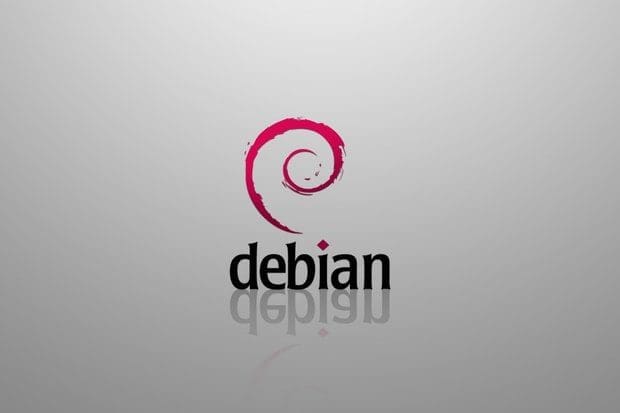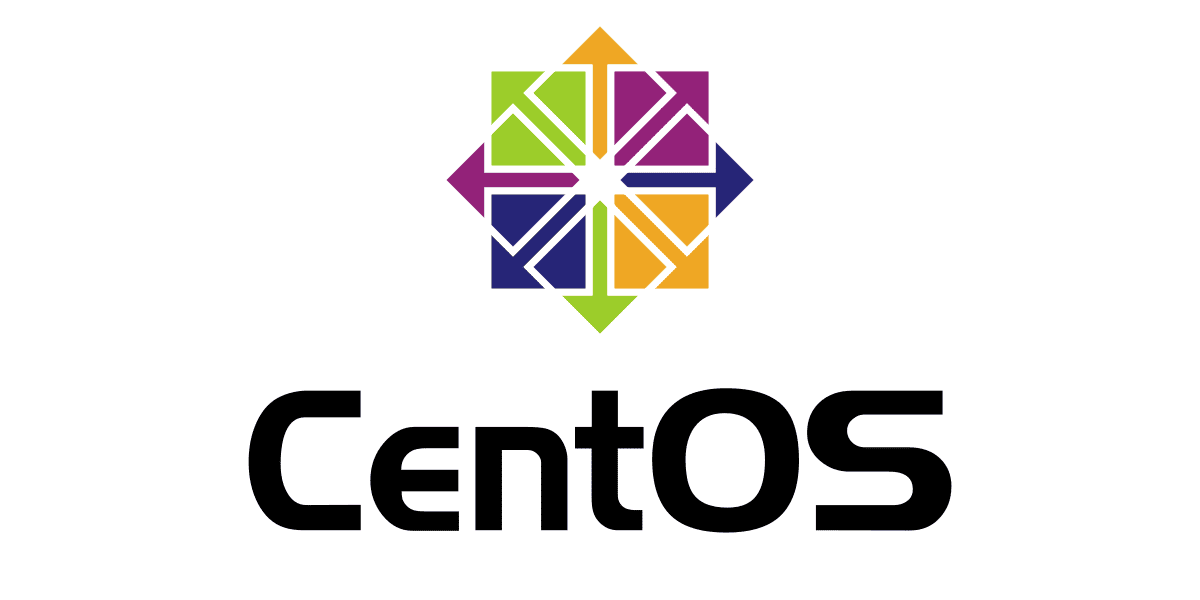It is a massive deal for any organization to finalize a Linux distribution. Even for an individual, it matters a lot which version of Linux they end up running on their system. Debian and CentOS are two different versions of Linux which have some similarities and differences. Today we will compare them to decide which one will work best for you.
In addition to checking out the similarities, we will also look at the differences in the builds of both Debian and CentOS, their management tools, community support, upgrading, and a few more crucial features that define an OS. So let us dive right into it and first look at what these operating systems are comprised of.
Similarities between Debian and CentOS
- Debian, as well as CentOS, are both based on the Linux kernel. Both these versions of Linux support ARM64 architecture.
- Both cover all the basic functions and features of an OS like Process Management, Memory and Disk management, Input/Output Operations, Device Management, and Execution Processing.
- Both are free.
- Both have community support.
- Both are stable and get updated on a timely basis.
Differences
Debian supports MIPSel, MIPS64el, and s390x architectures, while CentOS does not. On the other hand, CentOS 7 supports POWER9 and armhf/armhfp while Debian does not. Overall speaking, CentOS does not support as many architectures as Debian does.
CentOS has a larger community providing support and hence more stable than Debian due to the added support provided by Red Hat Limited.
For Package management, RPM as package format and YUM/DNF as the package manager are supported by CentOS, whereas Debian has the DEB as package format and dpkg/APT as the package manager.
Both Debian and CentOS support various Filesystems, but by default, CentOS comes with XFS, whereas Debian has EXT4. However, it is important to point out that some filesystems are only supported by Debian, not CentOS, for example, ZFS.
Both Debian and CentOS get upgraded to newer versions regularly, but the difference is in their lifecycle. CentOS does not support regular major updates, but some minor tweaks and bug fixes may occur from time to time. CentOS versions last for about a decade, and switching to the newer version is not smooth. In contrast, Debian does support regular version updates every 2 to 3 years, and the transition process for Debian is also very smooth and mostly error-free.
In terms of support, both Debian and CentOS and supported by the community since they are both based on the open-source Linux kernel. However, CentOS users can submit crash and error reports to Red Hat to amend them in a minor upstream release.
Pros and Cons of Debian:

Debian Logo
Debian has the following pros:
- Debian has a user-friendly interface, and it is growing very rapidly.
- Debian supports many libraries, filesystems, and architecture.
- Debian has regular version releases in a relatively shorter period but still enough to test bugs, and hence they are also very stable.
- Debian has many options for customizations. This is why it is a lot more preferred option for Desktop users.
- It is not difficult to upgrade Debian from one stable release to another.
Cons of Debian:
- Enterprises and Vendors prefer CentOS over Debian due to the Enterprise friendly features missing in Debian.
- Every new release of Debian is not as much tested as that of CentOS and hence is not as stable.
- Support for Debian mainly comprises an active community. There is no single organization responsible for providing support for Debian, like Red Hat Enterprise Limited in the case of CentOS. However, Debian does give a list of people who operate individually to provide support. There are also downstream versions of Debian like Ubuntu that provide organizational support, but that is only a commercial distribution of Debian.
Pros and Cons of CentOS:

CentOS Logo
CentOS has the following pros:
- CentOS major versions are released after about a decade, but these versions are very sturdy. Red Hat also accepts bug reports and frequently releases minor patches to keep the current version secure and solid.
- There is excellent support for Enterprise Software on CentOS. This is the reason it is preferred to run critical applications and servers.
- CentOS has great support for Desktop applications.
- CentOS has much larger community support and is also supported by Red Hat Enterprise.
Cons of CentOS:
- One of the most significant drawbacks of CentOS is that whenever a new version is released after a long time, upgrading to the more recent version is cumbersome, and even the officials from the support community advise doing a fresh install of the newer version instead of just upgrading to avoid any data loss and errors.
- Since the major versions of CentOS are released after long periods, some updated applications have trouble running on CentOS. Instead, users are stuck using the older versions of those applications to run properly on it.
- CentOS does not support as many architectures and file systems as Debian does.
Which one should you go for?
Well, it is a question that the user can only answer as it depends on the use-case of that person. If you are looking for something to run your Enterprise applications or need to set up servers, you do not regularly need to update your systems, and you want a stable operating system, then CentOS is one you should go for. But on the other hand, if you are looking to install an operating system on your desktop and want a daily driver, easy to use, easy to upgrade, and most importantly, an up-to-date OS, then Debian is the best option for you.
Takeaway
I hope this article has given you a clear picture of the comparison of Debian and CentOS, and now you have learned what these operating systems are and have learned which one does which task better than the other. This knowledge will help you in selecting your OS of choice. So let us know if it did indeed help you out, and if you have any suggestions, then we would love to hear from you.

